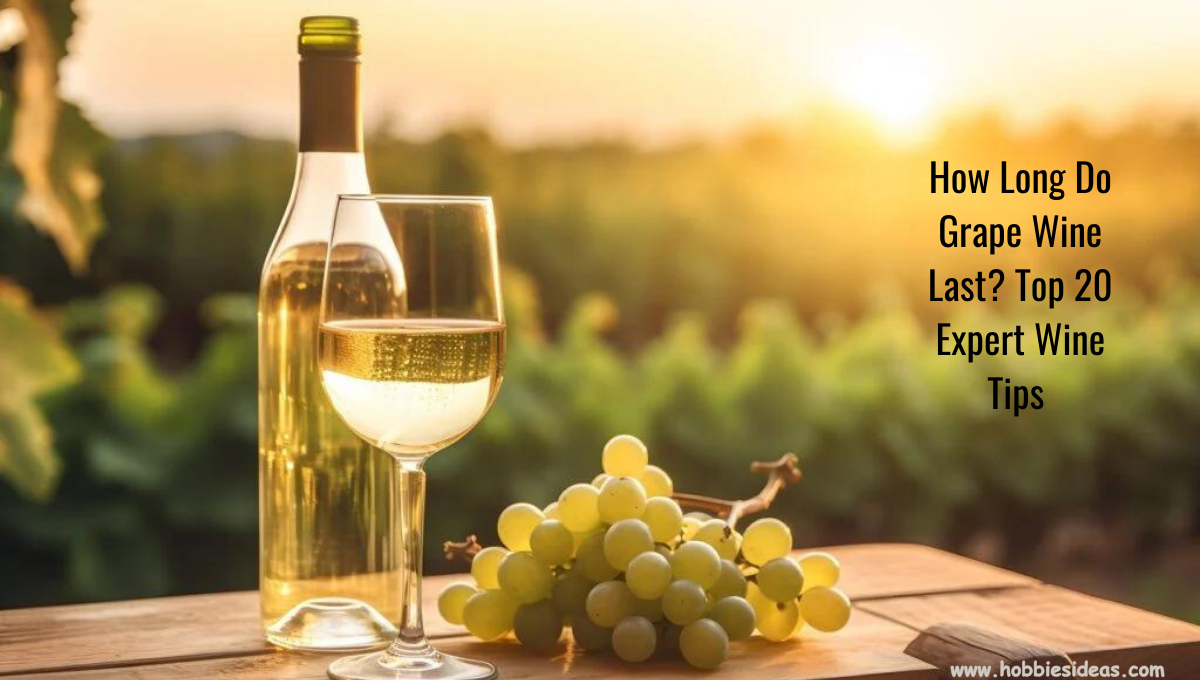Discover the expert guide on How Long Do Grape Wine Last. Learn more about storing, opening, and enjoying your favorite wines. Find out now! The shelf life of wine depends on factors like storage conditions, alcohol content, and tannin content. Proper storage is crucial for maintaining the taste and quality of your favorite vino.
Different wines have varying shelf lives, so knowing how long each type can be stored is essential. Understanding the expiry date or drinking window is critical for connoisseurs and occasional drinkers. Let’s explore what determines the longevity of grape wine and discover tips for proper fridge storage.
Features such as the type of grapes used, levels of humidity, storage temperature, and even the cork seals are essential to expand the lifespan of your red wines. Keeping wine in the refrigerator can help to delay the aging process of your fortified wines? Furthermore, if you plan on aging your wine to enhance its flavor profile over time, specific bottles of rosé wines are better suited for this purpose than others.
So whether you’re enjoying a glass of red wine tonight or saving a bottle of fortified wine for a special occasion years from now, understanding the shelf life of grape wine is essential for savoring every sip.
Now let’s dive into the details and unlock the secrets behind preserving those tantalizing flavors of grapes in wine bottles. Discover how long fine wine lasts in the future ever.
Factors Affecting Freshness of Opened Wine
Oxygen Exposure
When you open a bottle of wine, air exposure becomes crucial for red and rosé wines. Oxygen can spoil the wine, altering its taste and aroma. The longer the drinking window, the more the wine will deteriorate. So, once opened, consuming the wine within its expiration timeframe is essential to enjoy it at its best.
Impact of Temperature
Besides oxygen exposure, temperature plays a significant role in determining the drinking window for opened red wines. Higher temperatures can accelerate the aging process and lead to faster deterioration. On the other hand, storing opened red wines at lower temperatures can help preserve their quality for more days.
Role of Light
Light can also hurt the freshness of opened red wines. Ultraviolet (UV) rays present in sunlight or artificial light sources can cause chemical reactions in the wine, resulting in unpleasant flavors and aromas. It is advisable to store opened bottles away from direct light to maintain their integrity and drinking window.
Type and Quality of Closure

The type and quality of closure used for sealing an opened bottle also impact its preservation. Cork closures allow minimal air exposure compared to screw caps or synthetic corks. A tight seal ensures that oxygen doesn’t enter the bottle excessively, helping retain the wine’s freshness for a longer time, up to several days.
Understanding the Lifespan of Unopened Wine
Unopened red wine, also known as an unopened bottle, usually it refers to a bottle of red wine that has not been yet uncorked. Unopened red wine’s lifespan is very important for collectors and enthusiasts alike. Many key factors influence the aging potential of unopened red wines, including red grape variety, red vintage variation and red winemaking techniques.
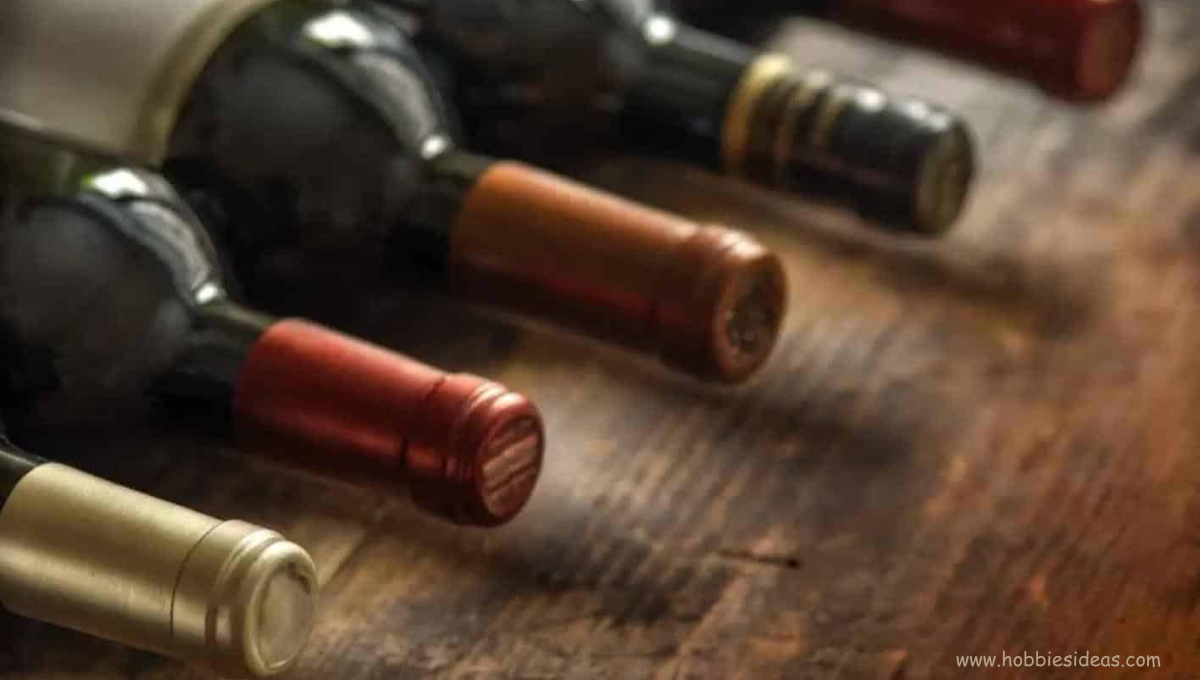
The variety of red grapes that is used in making wine, such as Nebbiolo or Cabernet Sauvignon, significantly determines the lifespan of an unopened bottle. Red wines from Pinot Noir or Gamay have shorter lifespans than grape varieties.
Winemaking techniques, including oak aging, fermentation methods, and bottling conditions, can significantly impact the longevity of unopened wine. Red wines aged in oak barrels increase complexity and depth as they age.
Vintage variation refers to the differences between different years’ harvests of red wines. It can significantly impact the shelf life of unopened red wine. Some vintages of red wines are exceptional and have excellent aging potential, while others may be better enjoyed when young.
Understanding the lifespan of unopened red wine is essential for making informed decisions about when to open a bottle or cellar it for further aging. By considering factors like red grape variety, red winemaking techniques, and red vintage variation, you can ensure that your unopened red bottles are enjoyed at their best.
Shelf Life of Different Types of Unopened White Wines
White wines come in various types, each with open aging characteristics and shelf life expectations. Understanding these differences can help you make informed decisions about storing and enjoying your favorite empty bottles. Let’s explore the factors influencing the longevity of different white wines.

- Varieties such as Riesling, Pinot Grigio, Chardonnay, and Sauvignon Blanc have well defined aging hallmark, making them fine wine options that will last in wine bottles. Further, red wine is known for its longevity.
- Chardonnay: With its moderate acidity and ability to develop complex flavors over time, Chardonnay can age gracefully for several years. However, it is essential to note that not all Chardonnays age well. Opening a bottle of sour wine can be disappointing.
- Sauvignon Blanc: This vibrant white wine is best enjoyed within a few years of bottling as it tends to lose its fresh aromas with extended aging.
- Riesling: Known for its high acidity and aromatic qualities, Riesling can age well for decades while maintaining its balance and developing unique complexities. However, lousy wine can ruin the experience.
- Pinot Grigio: This light-bodied wine is typically consumed young to appreciate its crispness and fruit-forward character.
2. How acidity levels influence white wines’ ability to age gracefully:
- Higher acidity levels in white wines generally contribute to their potential for more extended aging.
- Acidity is a natural preservative, helping the wine maintain freshness and preventing premature oxidation.
3. Sweet white wines versus dry white wines: differences in shelf life expectations:
- Dry white wines typically have a longer shelf life than sweet or off-dry varieties.
- The sugar content in sweet white wines can accelerate their deterioration over time.
4. The impact of oak aging on the longevity and flavor profile of certain white wines:
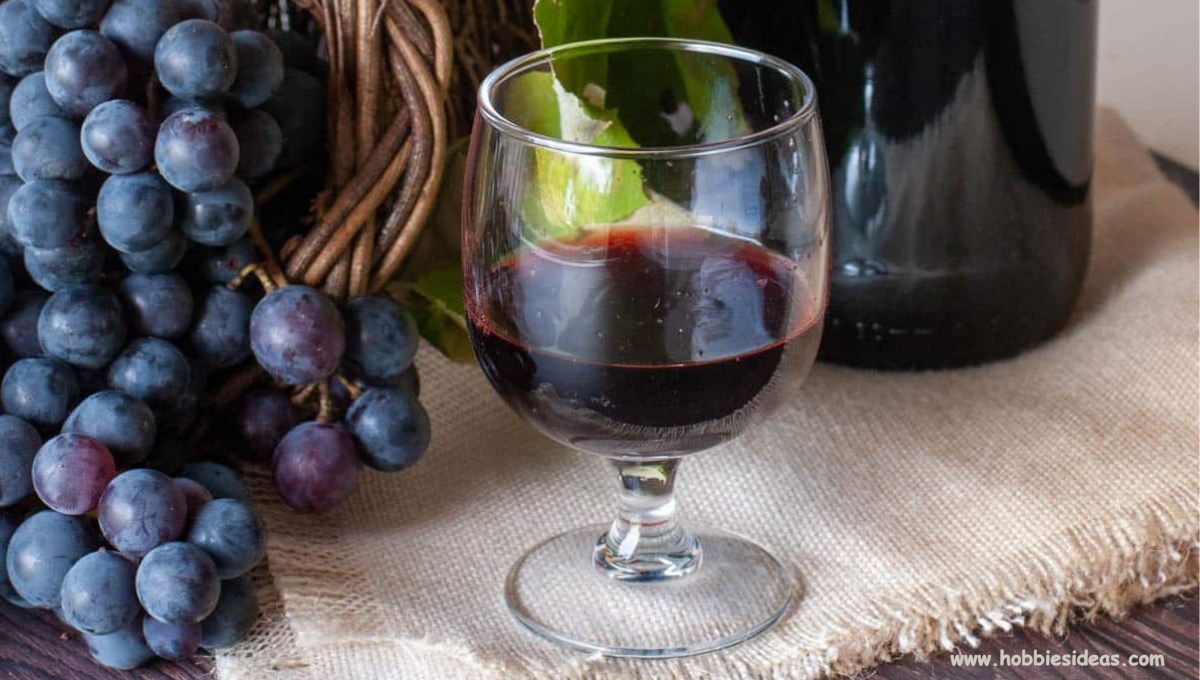
- Some white wines undergo oak aging, which imparts additional flavors and textures while also extending their shelf life.
- Oak-aged whites like oaked Chardonnay may continue to develop complexity when properly stored, even if they start as lousy wine.
Understanding how different types of white wines age can help you plan your wine collection and ensure you enjoy them at their best. Remember to store your bottles properly, away from light, heat, and temperature fluctuations, to maximize their shelf life.
How Long Does White Wine Last Unopened?
White wine can stays for different lengths, depending on various factors. The alcohol level, sugar content and acidity, and all play a role in determining how long a bottle of white wine will stays fresh when unopened. Proper storage conditions are necessary for maximizing the lifespan of unopened white wine.
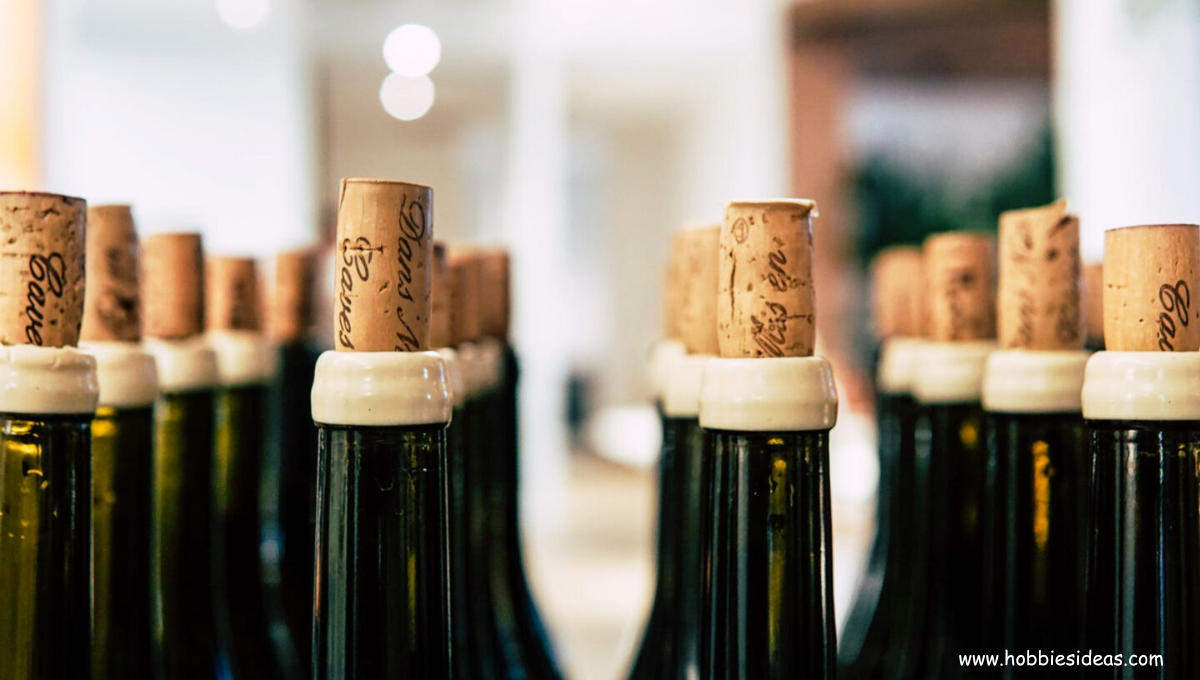
Here are some general guidelines for estimating the lifespan of different types and styles of white wine:
- Dry white wines typically have a longer shelf life than off-dry or sweet varieties.
- Highly-acidic white wines like Riesling and Sauvignon Blanc tend to age well and can stays for many years.
- Less alcohol level in white wines may not age as greatly as those with higher alcohol levels.
To make sure your unopened bottle of white wine stays fresh, it’s crucial to store it properly:
- Keep the sour wine bottle away from direct sunlight or heat sources that could rise the aging process.
- You also can store the wine at a regular temperature between 45°F (7°C) and 65°F (18°C).
- Keep a humidity level of around 70% to save corks from drying out and destroying the taste of your wine. Don’t let lousy wine ruin your experience.
Determining if an unopened bottle of sour wine is past its prime can be challenging, but there are some signs to look out for.

- Inspect the cork: If it appears dried out or cracked, it may indicate that sour wine has entered the bottle, compromising the quality.
- Check for discoloration: White wines that have turned yellow or brownish are likely past their prime.
- Smell test: If you detect unpleasant aromas like vinegar or mustiness, it’s a sign that the wine has spoiled.
Remember that these guidelines are just estimates, and individual bottles may vary. It’s always best to consult specific recommendations from winemakers or experts when in doubt about a particular white wine’s longevity.
So next time you’re wondering how long your unopened bottle of white wine will last, consider the abovementioned factors and ensure proper storage to enjoy its freshness for as long as possible.
Shelf Life of Sparkling Wine and Champagne (Unopened)
Sparkling wines, including champagne, have their unique considerations. Here are some key points to keep in mind:
- Carbonation: The presence of carbonation sets sparkling wines apart from still wines. This carbonation can affect the aging process and overall shelf life.
- Traditional Method vs. Charmat Method: The method used to produce sparkling wine can impact its longevity. Wines made using the traditional method tend to have longer shelf lives than those made using the Charmat method.
- Storage Recommendations: Proper storage is crucial for preserving the enthusiasm and quality of unopened bottles of sparkling wine. Consider these tips:
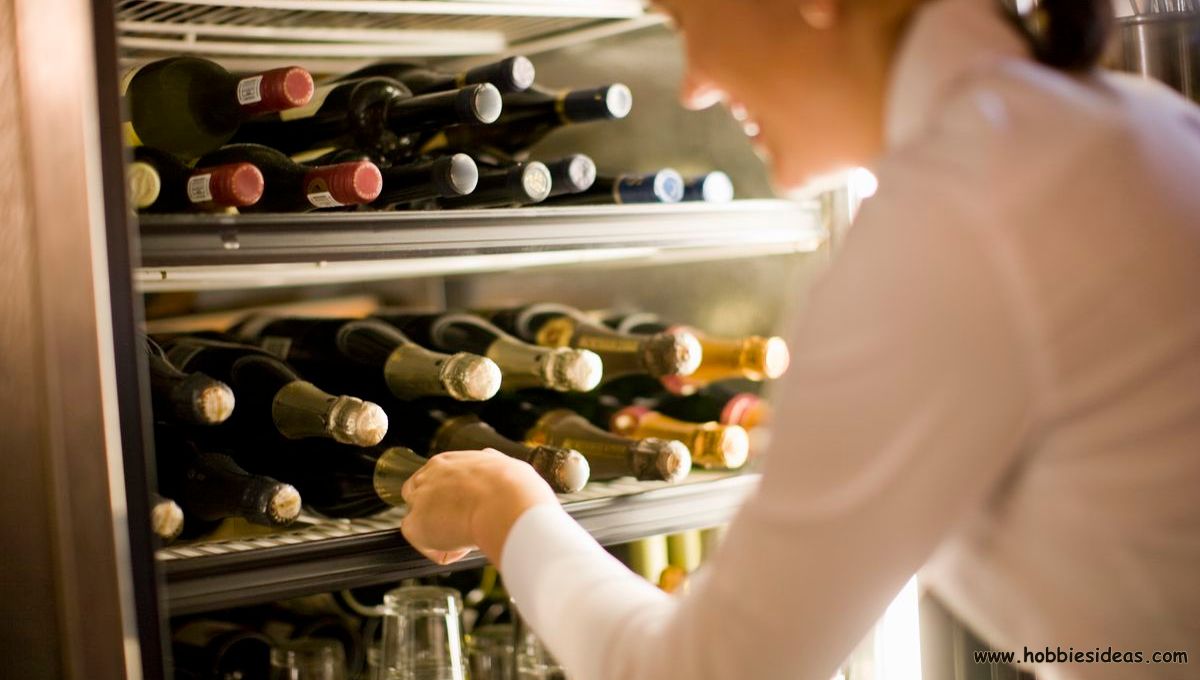
- Store bottles horizontally to keep the cork moist and prevent air from entering.
- Keep them away from direct sunlight or heat sources that could accelerate aging.
- Maintain a consistent temperature between 45°F (7°C) and 55°F (13°C).
- Recognizing Spoilage: Knowing when a bottle of sparkling wine has gone wrong is essential. Look out for these signs:
- Loss of enthusiasm: If the bubbles are significantly reduced or absent upon opening, it may indicate spoilage.
- Off odors: A strong smell of vinegar, sulfur, or any unpleasant odor suggests spoilage.
- Unpleasant taste: If the wine tastes flat, overly acidic, or has off flavors, it may be past its prime.
Properly stored, unopened bottles of sparkling wine can remains for many years from their date of production. However, it’s worth noticing that not all sparkling wines are for long-term aging. For example, prosecco is commonly one of the best consumed within a year after purchase.
So next time you come across an unopened bottle of sparkling wine in your collection or cellar, remember these guidelines to ensure you enjoy it at its best, whether for a special occasion or a casual celebration the next day.
Oak Aging in Wine and Its Impact on Shelf Life
Oak barrels play a crucial role in the wine aging process. The use of oak imparts unique flavors, enhances the structure, and influences the longevity of wines. Let’s explore how oak aging affects these aspects and the differences between American and French oak.
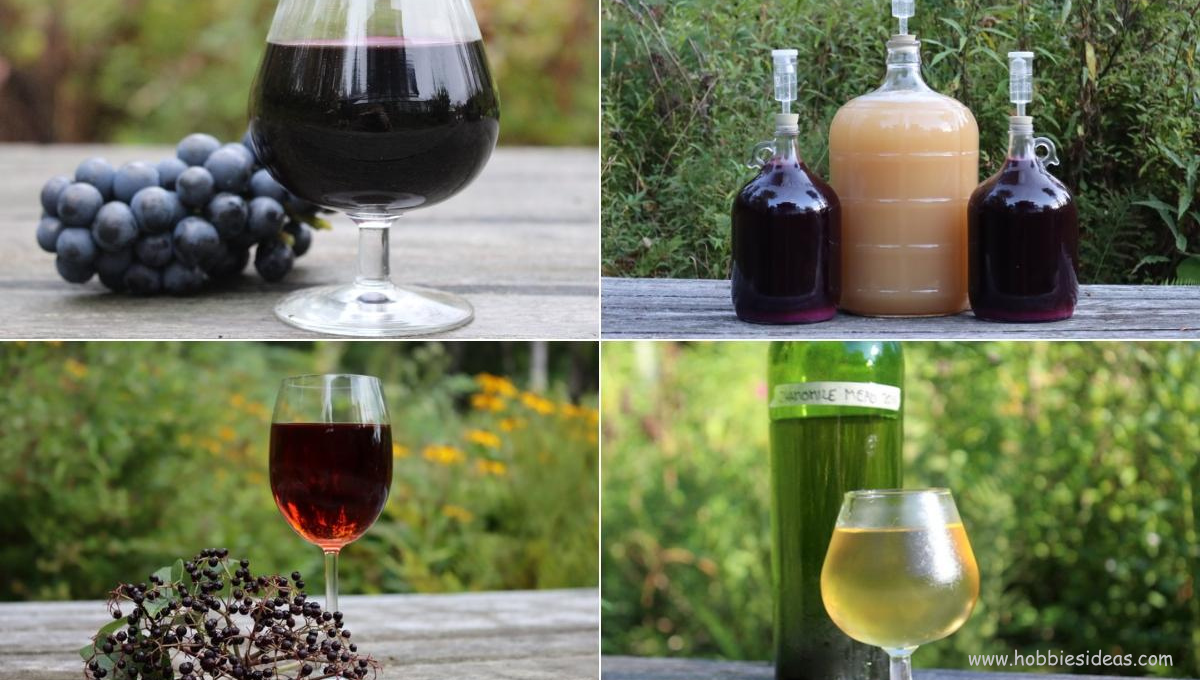
- Flavor Enhancement: Oak aging adds complexity to wines by infusing them with vanilla, spice, and caramel flavors. These nuances develop over time as the wine interacts with the wood.
- Structural Influence: The tannins in oak contribute to a wine’s structure, providing texture and mouthfeel. Through slow oxidation, oak aging helps soften harsh tannins, producing a smoother and more balanced wine.
- Longevity Extension: Wines aged in oak have an extended shelf life due to their exposure to controlled oxygen levels. This gradual oxidation can enhance specific characteristics while preserving freshness. However, it is essential to note that not all wines benefit from extensive aging.
- American vs. French Oak: American oak imparts more robust flavors with pronounced notes of coconut and dill. On the other hand, French oak offers more subtle flavors like cedar and clove. The choice of oak can significantly impact a wine’s profile and its ability to age gracefully.
- Balancing Benefits and Risks: While oak aging provides numerous advantages, it also presents potential risks to wine stability. Extended exposure to oxygen during aging can lead to excessive oxidation or the development of acetic acid (vinegar-like) aromas if not carefully managed.
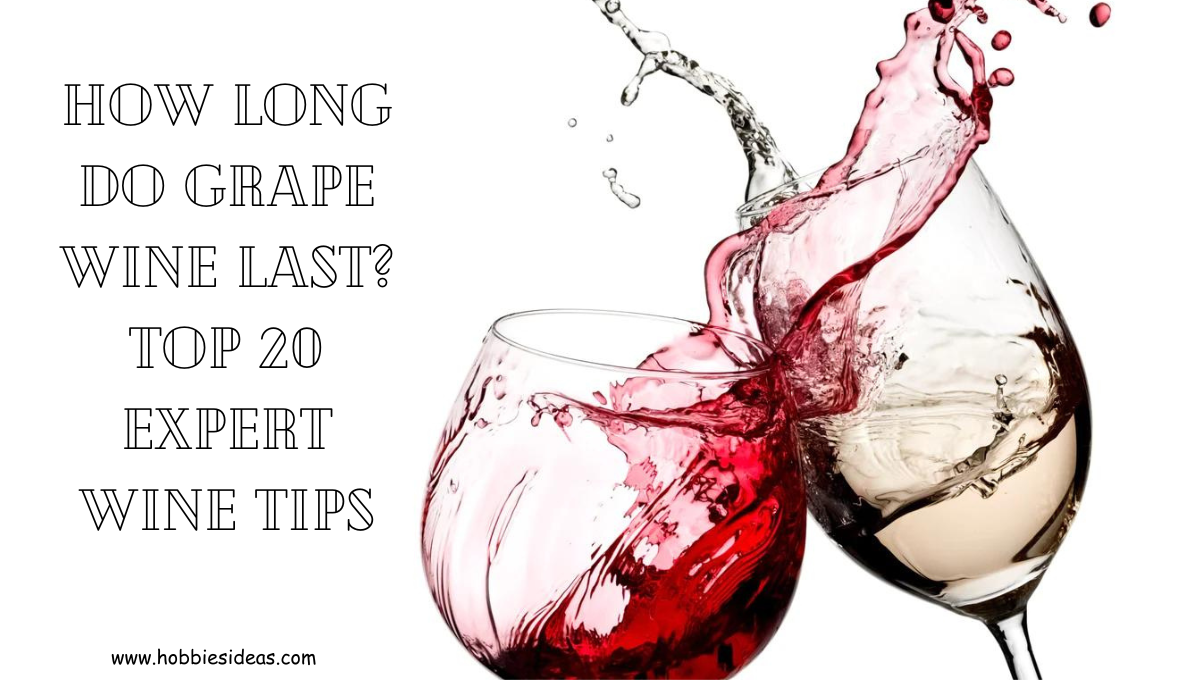
Understanding how long grape wines last involves considering the influence of oak aging on flavor development, structural enhancement, and shelf life extension. By choosing the right type of oak barrel for each wine style and monitoring oxidative processes closely, winemakers strike a delicate balance between achieving desirable characteristics and maintaining stability throughout storage.
So next time you savor a well-aged wine, appreciate the impact of oak aging on its journey from vineyard to bottle.
Final Words on How Long Do Grape Wine Last
To make sure that you get the most out of your grape wine, it’s vital to understand how to maximize its longevity or its age. By considering numerous factors that affect freshness, such as temperature, oxidation, and storage methods, you can prolong the enjoyment of opened bottles. Understanding the lifespan of unopened wine allows you to plan accordingly and avoid disappointment.
Different types of white wines have varying shelf lives when unopened. It’s essential to be aware of these variations to make informed choices about purchasing and consumption. Sparkling wines and champagnes also have their own shelf life when unopened, so it’s crucial to remember this for special occasions or celebrations.
Oak aging is another factor that influences the shelf life of wine. While it adds complexity and flavor to the wine, it can also impact how long it will last before deteriorating. Being mindful of this aspect can help you select wines that align with your preferences and desired storage duration.
In conclusion, by considering factors affecting freshness, understanding the lifespan of different types of wine (both opened and unopened), and being aware of oak aging’s impact on shelf life, you can make better decisions regarding your grape wine purchases and storage practices. Remember to store your wine correctly at an appropriate temperature and away from direct sunlight.
Cheers! Enjoy your grape wine while maximizing its longevity!
FAQs
How should I store an opened bottle of grape wine?
Once opened, a bottle of grape wine should be stored in a cool place with a tight-fitting cork or stopper. You can also use a vacuum pump system or inert gas spray to remove excess air from the bottle and slow down oxidation.
Can I refrigerate an opened bottle of red or white wine?
Yes! Refrigerating an opened bottle helps slow oxidation and preserves its freshness for longer. However, warm the refrigerated wine to the appropriate serving temperature before enjoying it.
Can I drink unopened white wine that has passed its shelf life?
While it may not be harmful, an unopened white wine that has exceeded its shelf life might have lost its flavor and quality. It’s best to avoid consuming such wines as they may not provide a satisfactory experience.
How can I determine if an unopened sparkling wine or champagne bottle is still good?
To check if a bottle of sparkling wine or champagne is still good, examine the cork for any signs of leakage or bulging. Look for discoloration in the liquid or any off-putting odors. If everything appears normal, you can open and taste the wine to ensure its quality.
Does decanting affect the longevity of grape wine?
Decanting can help remove sediment from older wines and allow them to breathe, enhancing their flavors and aromas. However, prolonged exposure to air during decanting can accelerate oxidation. Therefore, it’s recommended to consume decanted wines promptly rather than storing them for extended periods.

